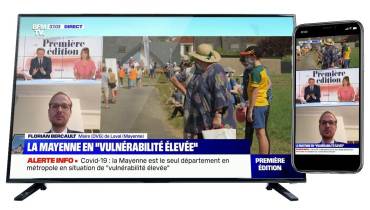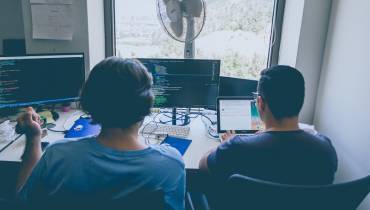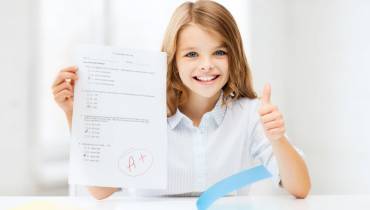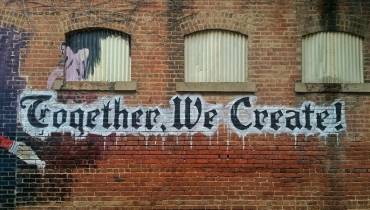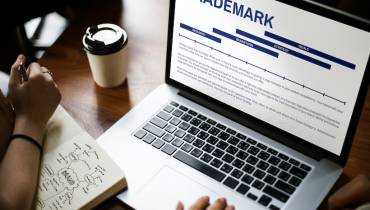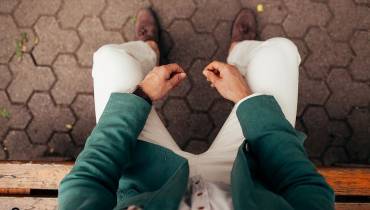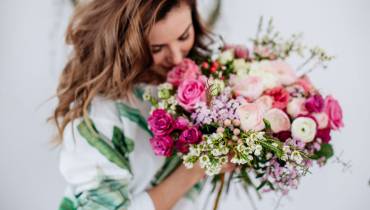Study: Books Provide Same Happiness Boost as Big Vacations
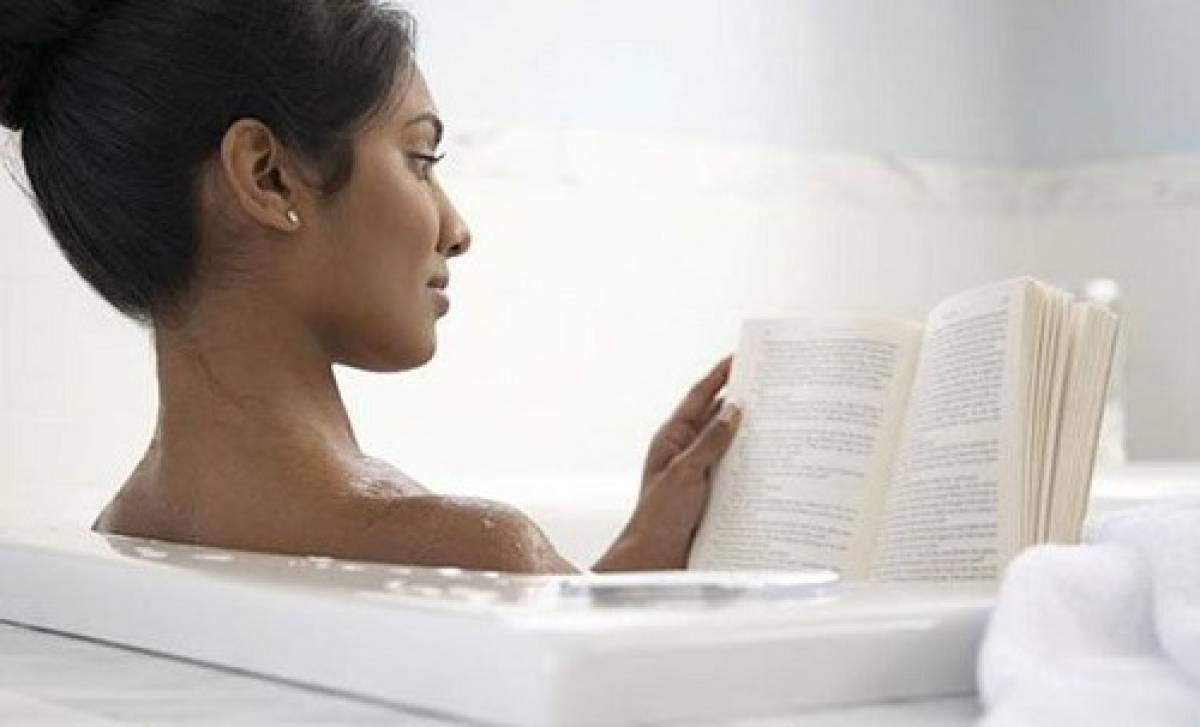
What’s the feeling you have when turning the pages of that riveting book you just can't bring yourself to put down? Happy? Excited? Thrilled? Sad?
Studies have consistently shown that purchasing life experiences like tickets to a play or a trip overseas to the Himalayas or some other exotic destination on vacation makes people truly happy—more happy, in fact, than purchasing material products such as clothes, jewelry and accessories.
However, research from San Francisco State University found that purchasing material items designed to create or enhance an experience, also known as “experiential products,” such as books, musical instruments or sporting goods can make you just as happy as purchasing life experiences.
According to Ryan Howell, an associate professor of psychology at SF State and co-author of the study, experiential products allow people to utilize and develop new skills and knowledge, resulting in similar levels of happiness. This is sort of good news for many of us today.
“If your goal is to make yourself happier but you're a person who likes stuff,” explains Howell, “then you should buy things that are going to engage your senses. You're going to be just as happy as if you buy a life experience because in some sense this product is going to give you a life experience."
The joy of buying experiential products like books

For years, psychologists have studied the momentary happiness people get from purchasing material items against purchasing life experiences, ignoring the middle of the buying spectrum, which is purchasing experiential products. That middle ground leaves out a large number of items that are tangible but are nevertheless designed to engage users in some way.
Professor Howell, who has researched extensively the link between shopping and happiness, and lead study author Darwin Guevarra asked consumers about a recent purchase and how happy that purchase made them. Expecting that material items would provide the smallest happiness boost, life experiences the largest and experiential products falling in the middle, they were surprised to find that experiential products provided the same level of happiness as experiences.
To understand why experiential products provided similar levels of happiness as experiences, the researchers next looked at whether the purchases satisfied any of three key psychological needs:
- Identity expression – whether the purchase reflects the consumer's true values.
- Competence – whether the purchase allows the consumer to utilize skills and knowledge.
- And, relatedness – whether the purchase brings the consumer closer to others.
The results showed that, while experiential products and life experiences offered similar levels of identity expression, the former were best at providing competence and the latter best at providing relatedness. “They are essentially two different routes to the same well-being,” Howell said.
Boost well-being and competence with books
“If you're not feeling very competent, the best way to alleviate that deprivation would be through the use of experiential products,” Howell added. “On the other hand,” he continued, “if you're feeling lonely, you should buy life experiences and do things with others.”
These study findings may come as a relief to many introverts and booklovers because, as it turns out, happiness can be as simple as purchasing a good book and reading it. You really don’t have to pack your bags and go trotting the world to be happy. You can simply pick up a good book, hunker down in a favorite reading spot and read as much as you want to boost happiness.
Reading can make you just as happy and enlightened as a globetrotter.
See also: 12 Reasons Reading Widely Is So Important For Writers
Image via visualphotos






